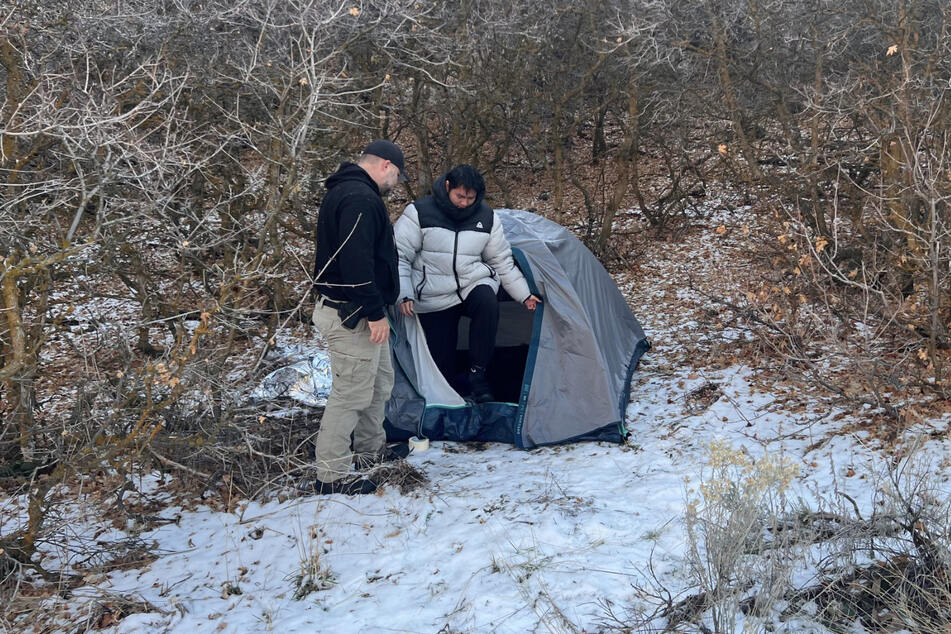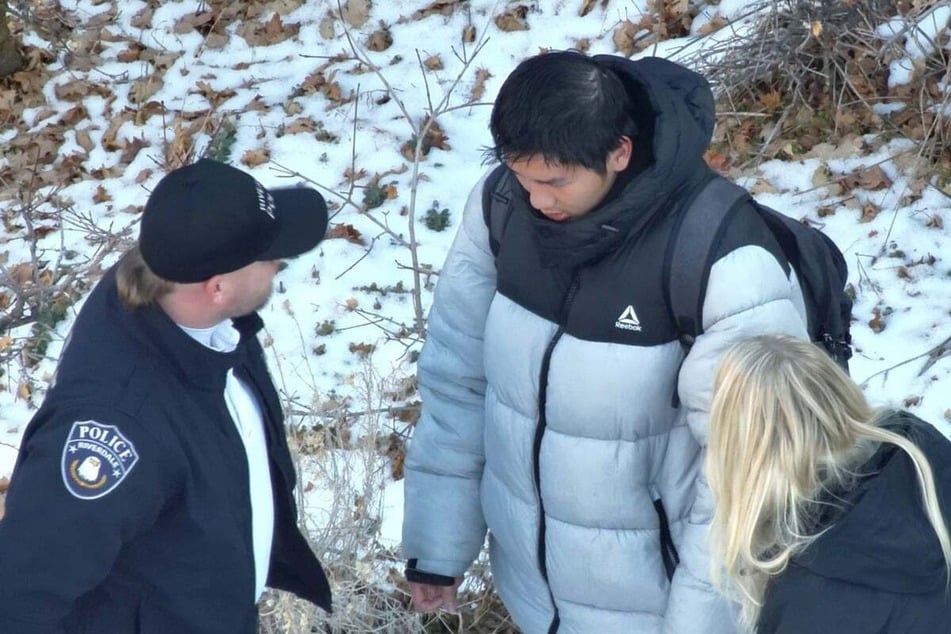Chinese teen found alive in Utah after "cyber kidnapping" scam
Riverdale, Utah - After apparently being coerced into going along with a "cyber kidnapping" scam, 17-year-old Chinese exchange student Kai Zhang was found alive in a tent in the freezing cold Utah wilderness on Sunday.

Riverdale police said the teen's parents had transferred $80,000 in ransom money to bank accounts in China after being led to believe that their son had been kidnapped.
Zhang had been missing from his US host family's home since December 28.
The incident reflects a growing trend of cyber extortion from families with relatives living abroad.
In these cases, victims are often threatened with deportation and may be forced to send staged photos to their families that appear to show them being tortured or otherwise harmed.
Per a statement by Riverdale police, perpetrators of this crime "tell the victims to isolate themselves and they monitor them through FaceTime calls and or Skype."
What is cyber kidnapping? Cyber crime on the rise against Chinese exchange students

Both the US and Australia have warned that cyber-criminals are going after Chinese exchange students more frequently, as they are often stereotyped as being wealthy.
Some scammers have even dressed up as Chinese police officers to visit the students' homes.
Artificial intelligence can also now be used to clone the face and voice of victims, something which was addressed in a Federal Trade Commission consumer alert last year.
Cover photo: Screenshot/Facebook/Riverdale City Utah
